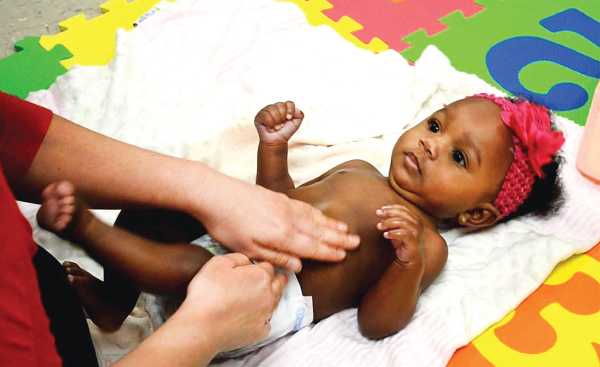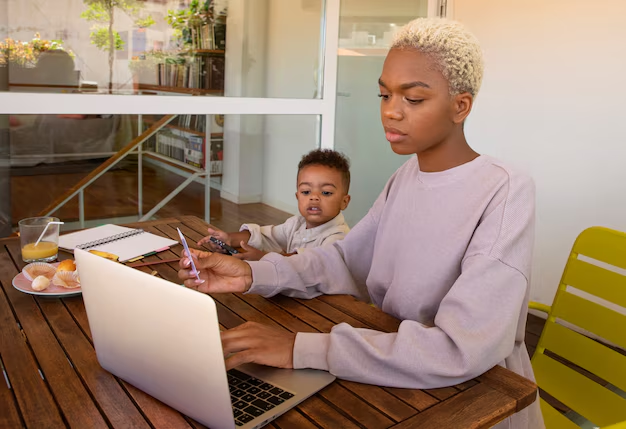BENEFITS OF infant massage
There are many ways to express love to your baby and massage is one of them. Massaging your baby has many benefits including aiding digestion, improving circulation, enhancing weight gain

There are many ways to express love to your baby and massage is one of them. Massaging your baby has many benefits including aiding digestion, improving circulation, enhancing weight gain and easing tooth pain. It is also a lovely way for you to bond with your baby. This article equips you with information on the benefits of infant massage and how to go about it.
For many first-time mothers, the responsibility of caring for their newborns may seem like a Herculean task and they may even panic wondering if they will live up to it. For new mothers, it is advisable to take a day at a time and approach each day of parenting with the understanding that touch is a vital part of your newborn’s development.
According to experts, babies need constant holding and touching during their awake time in the first six weeks to two months. Touch is the first of our senses to develop hence infants need it to develop physically, emotionally and psychologically. Infant massage is therefore widely recommended as a way of promoting the bond between the parent and baby through emotional connection. Bonding with your baby creates secure and healthy attachment between the two of you. Your baby internalises this feeling of safety, which makes it easier to comfort him and become more affectionate.
However, if you touch your baby frequently but don’t really pay attention to what exactly you are doing, you will not reap the full benefits of the contact. You must be present whenever you hold or touch your baby, as doing so fully satisfies the baby’s need for comfort and safety. Your first experiences in touching your baby are essential in laying a solid foundation for your relationship.
How to go about it…
Get comfortable and relax. Take a few deep breaths before you start massaging your baby and be relaxed. Your baby is likely to mirror your emotions and so if you are not relaxed, he is also not going to relax. Pick a time that works best for you and your baby. If your baby is due for feeding or a bath, wait until later but don’t postpone the exercise to a time when he is tired as he may be easily irritated. The best time is usually after giving your baby a bath so that he can wind down and prepare for sleep. Massage your baby in a room that has the right temperature – neither too cold nor too hot. Also, smoothen your hands with oil so as to keep the baby warm and to avoid irritating his skin.
Maintain eye contact. Since babies learn to see themselves through their caregiver’s eyes, it is important to maintain eye contact with them during a massage session. This gives the baby a chance to experience love through your eyes. Don’t underestimate how much information your baby absorbs through observation.
Be attentive. When massaging your baby, watch out for any arm movements as these may be indicators the baby is uncomfortable and you should thus move on to another area of the body. Also, if your baby covers your hands with his or tries to stop you from massaging him, take that as a cue to either move to another body part or stop it altogether. Of course, giggling or calmness indicates that the bay is enjoying it.
Keep talking: Talk to your baby throughout the massage by either singing or telling him a story. He may not understand what you are saying, but the sound of your voice calms your baby down. It also goes a long way in the baby’s language development. Try repeating your baby’s name and the word “relax” as you help him relax.
Learning the right way to massage your baby may take a few tries before you and your baby get the hang of it. But be patient because with a little practice, infant massage can be a healthy way for you and your baby to relax as you get to know each other better.
April 2016




